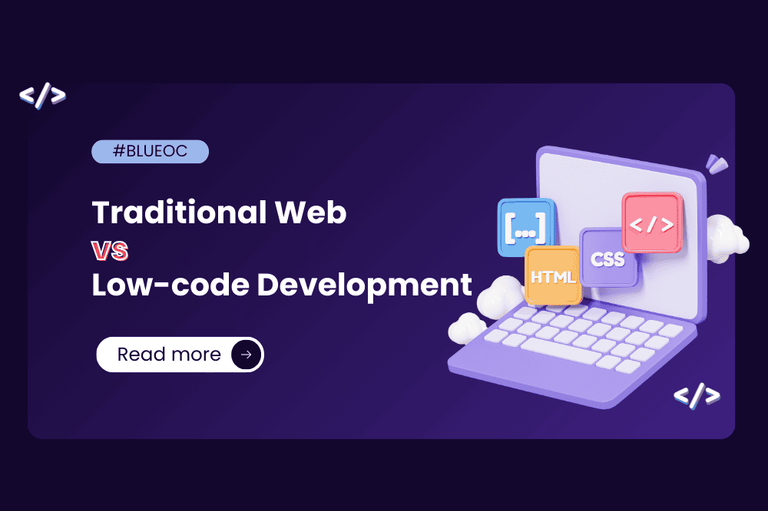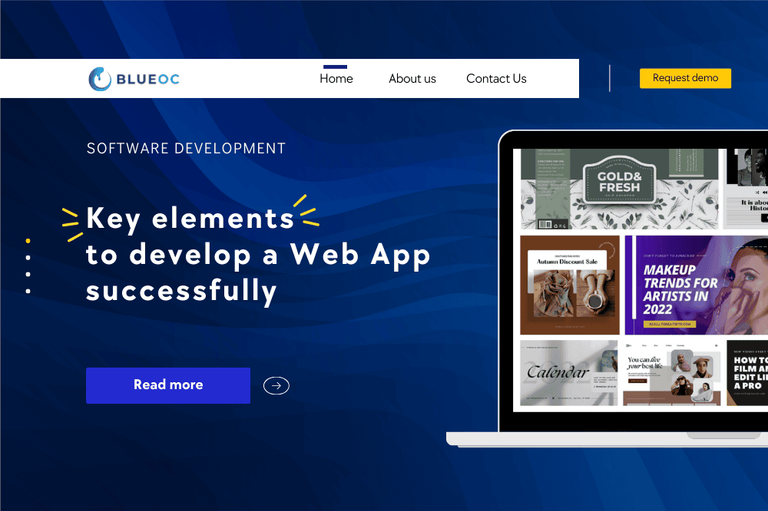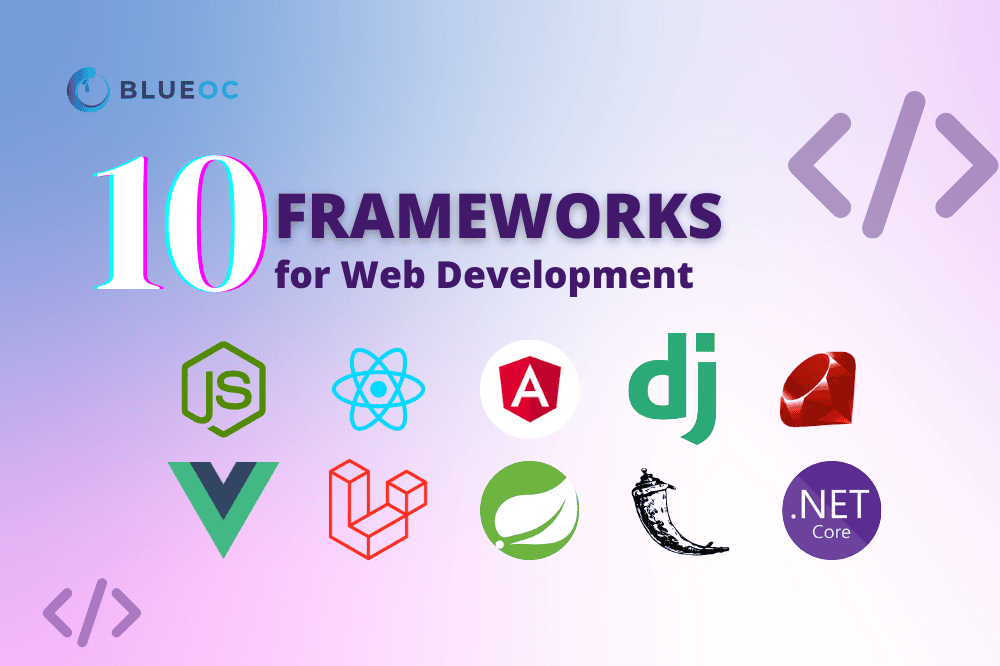
Building a scalable and secure web application requires a careful selection of tools and technologies. The right web development framework can empower your team to achieve those goals while optimizing development efficiency and facilitating long-term maintainability.
In the ever-evolving landscape of web development, choosing the right framework is pivotal to the success of your project. Whether you're leading an in-house team or outsourcing your web application development, selecting a framework that aligns with your scalability and security requirements is crucial. In this comprehensive guide, we dive deep into the pros and cons of the 10 most potent web development frameworks to help you make an informed decision.
Here's a guide to the 10 best web development frameworks, with a focus on their pros and cons.
The Most Scalable Web Framework
Node.js with Express.js stands as a powerhouse for scalability. Leveraging the non-blocking, event-driven architecture of Node.js and the minimalist approach of Express.js, this combination empowers developers to handle a massive number of concurrent connections, making it ideal for real-time applications.
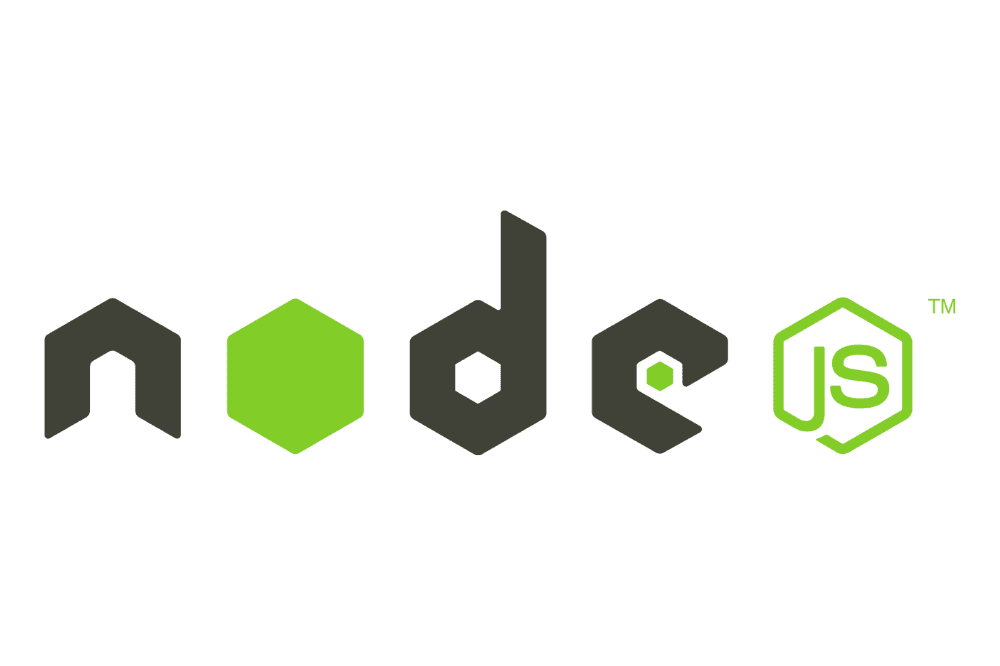
Pros:
- Exceptional scalability through asynchronous, event-driven architecture.
- Rich ecosystem with a plethora of modules and packages.
- Widely adopted and supported.
Cons:
- Steeper learning curve for beginners.
- Lacks built-in features compared to full-stack frameworks.
The Most Popular Framework for Web Development
React.js has become synonymous with building modern, interactive user interfaces. Its component-based architecture and virtual DOM contribute to a seamless development experience. With a massive community and backing from Facebook, React.js remains a go-to choice for UI-centric applications.
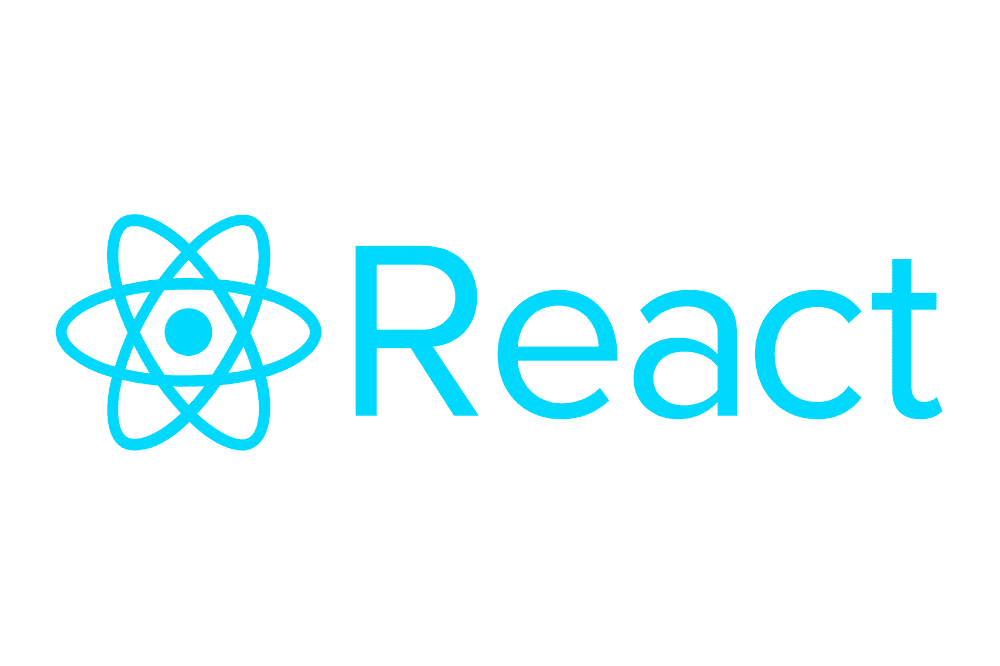
Pros:
- Declarative syntax for efficient UI development.
- Strong community support and a vast ecosystem.
- Virtual DOM for optimized rendering.
Cons:
- Focused on the view layer; requires additional libraries for a full stack.
The Most Used Web Framework
Angular, developed by Google, is a comprehensive front-end framework that provides a full suite of tools for building dynamic web applications. Its two-way data binding and dependency injection make it a robust choice for large-scale projects.
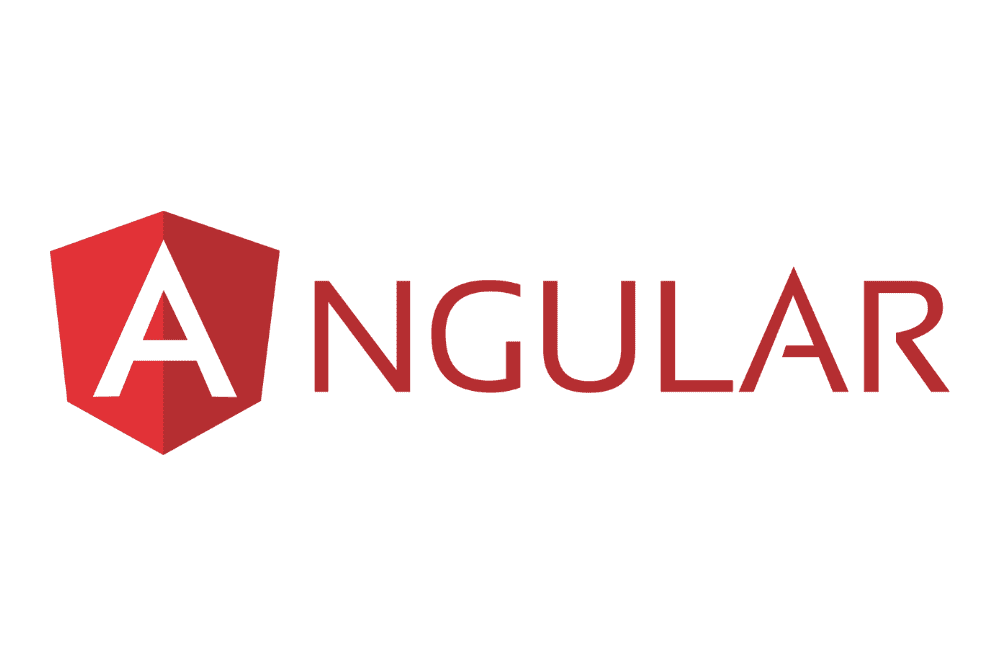
Pros:
- Full-fledged framework with extensive features.
- Two-way data binding for automatic UI updates.
- Well-maintained documentation and strong corporate support.
Cons:
- Steeper learning curve due to its complexity.
- Heavier compared to other front-end frameworks.
The All-in-One Python Framework
Django, a high-level Python web framework, is celebrated for its simplicity and flexibility. It follows the "batteries-included" philosophy, offering a plethora of built-in features such as an ORM system, admin interface, and authentication, making it a preferred choice for developers seeking a comprehensive solution.
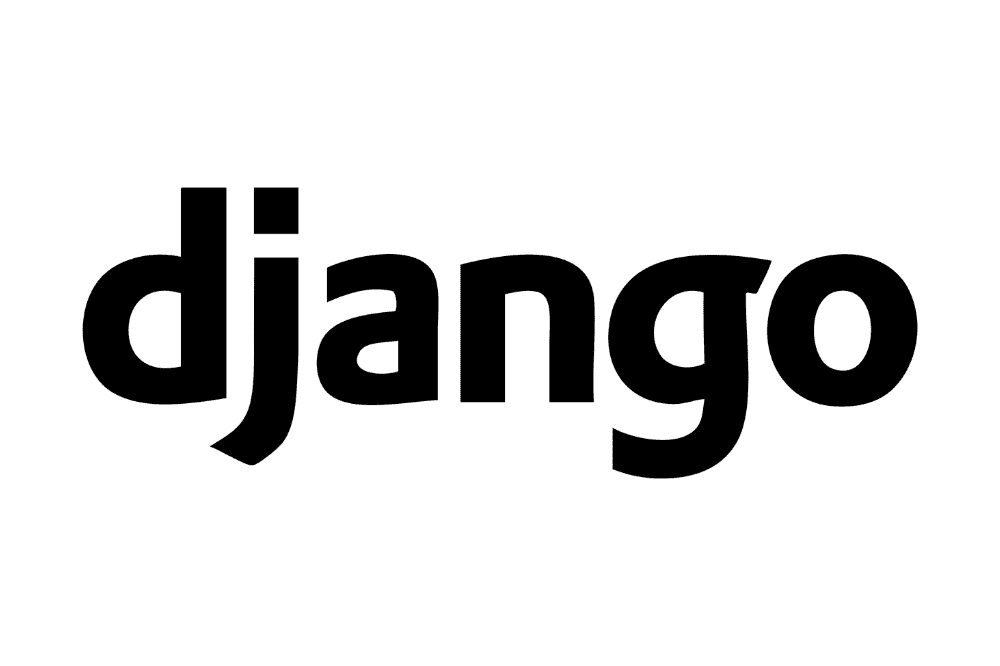
Pros:
- Rapid development with a clean and pragmatic design.
- Built-in admin interface for easy content management.
- Strong emphasis on security.
Cons:
- Monolithic structure may be overkill for smaller projects.
- Learning curve for developers new to Python.
The Elegant Ruby Framework
Ruby on Rails, often referred to as Rails, is renowned for its elegant and developer-friendly conventions. This full-stack framework follows the convention over configuration (CoC) and doesn't repeat yourself (DRY) principles, streamlining development and promoting code simplicity.
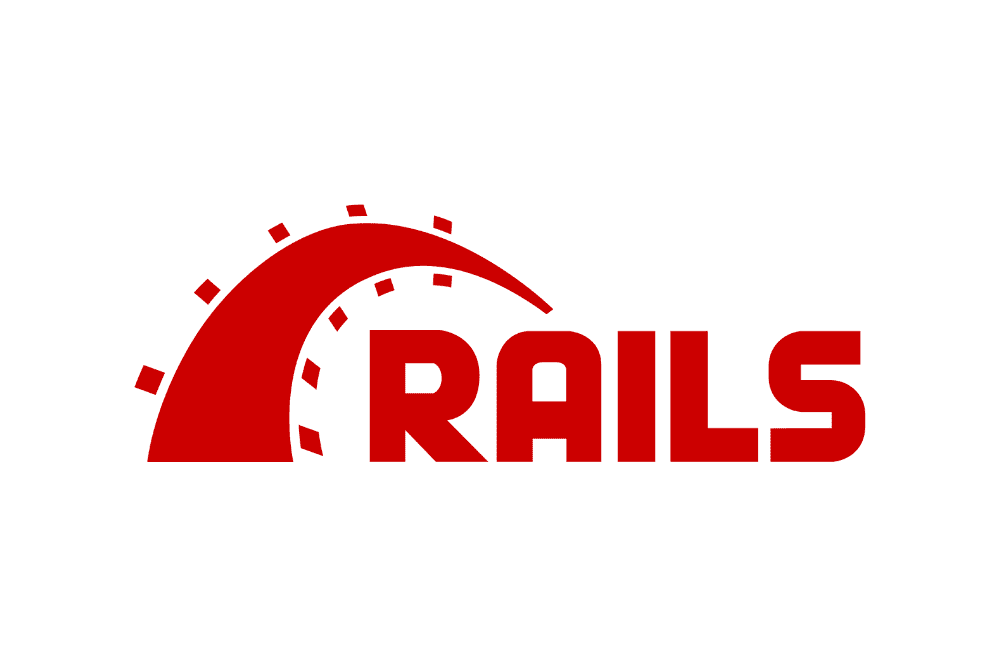
Pros:
- Convention over configuration for streamlined development.
- Powerful built-in features like ActiveRecord for database interactions.
- Emphasis on developer happiness.
Cons:
- May feel restrictive for projects deviating from the convention.
- Performance concerns for extremely high-traffic applications.
The Progressive JavaScript Framework
Vue.js strikes a balance between React.js and Angular, offering a progressive framework suitable for both small, interactive components and large-scale applications. Its simplicity and adaptability make it an excellent choice for developers seeking a lightweight yet powerful solution.
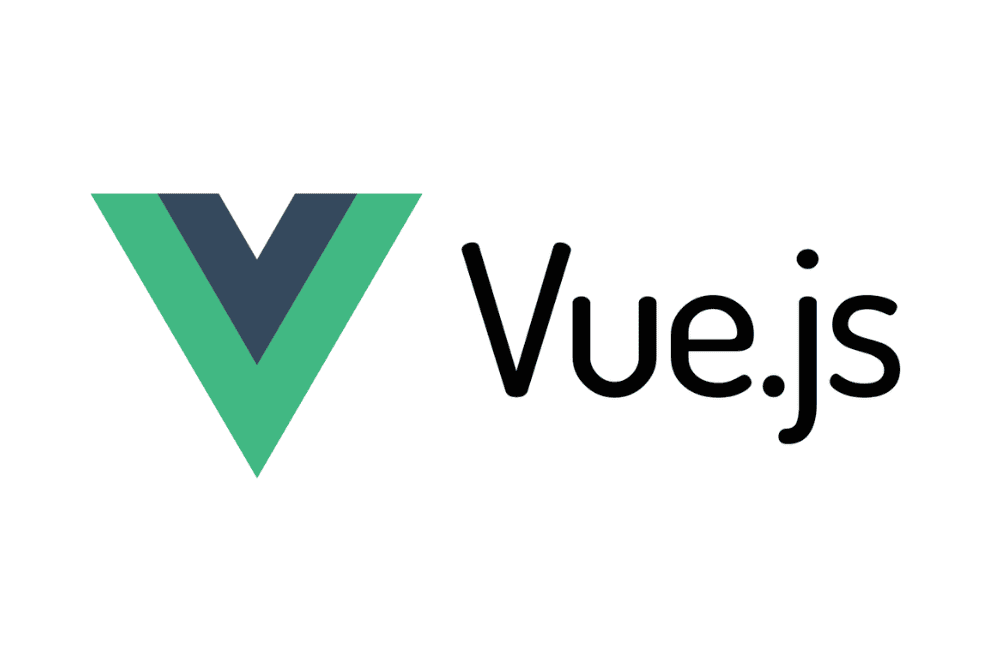
Pros:
- Gradual integration into existing projects.
- Simple syntax and ease of integration.
- Excellent documentation and a growing community.
Cons:
- Smaller ecosystem compared to React.js and Angular.
- Limited corporate backing compared to other frameworks.
The PHP Powerhouse
Laravel has risen to prominence as the PHP framework of choice for developers aiming to build robust and scalable web applications. Its elegant syntax, powerful ORM (Eloquent), and emphasis on developer-friendly features contribute to its popularity.
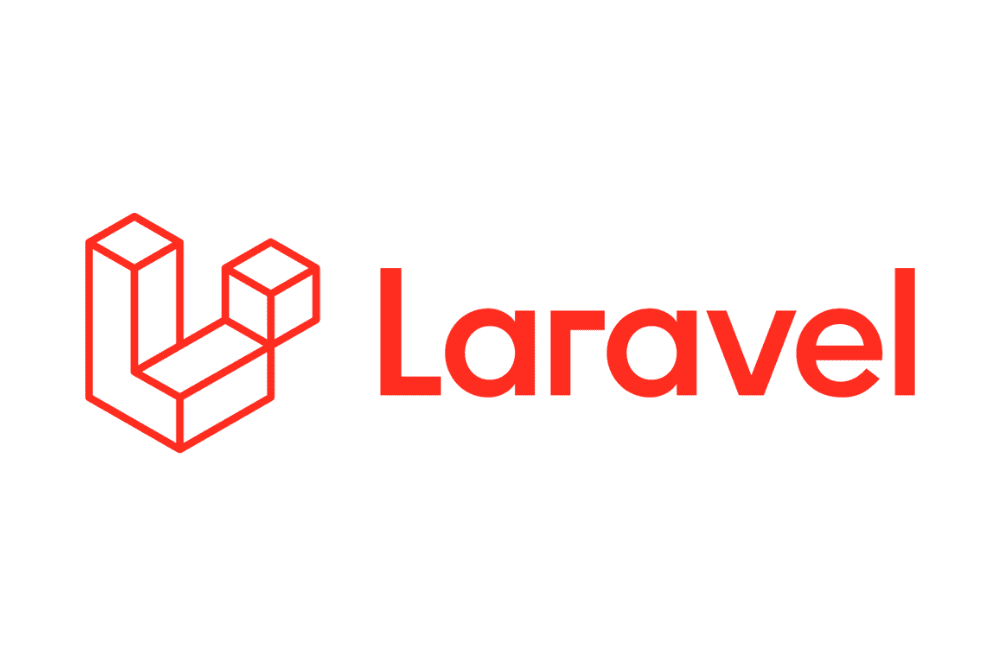
Pros:
- Expressive syntax and elegant code structure.
- Built-in tools for tasks like routing, caching, and authentication.
- Laravel Forge for simplified deployment.
Cons:
- Learning curve for developers unfamiliar with PHP.
- Smaller community compared to some other frameworks.
The Java Enterprise Solution
Spring Boot, built on the Spring framework, simplifies Java application development by providing production-ready defaults for building stand-alone, production-grade Spring-based applications. It excels in building enterprise-level, scalable applications.
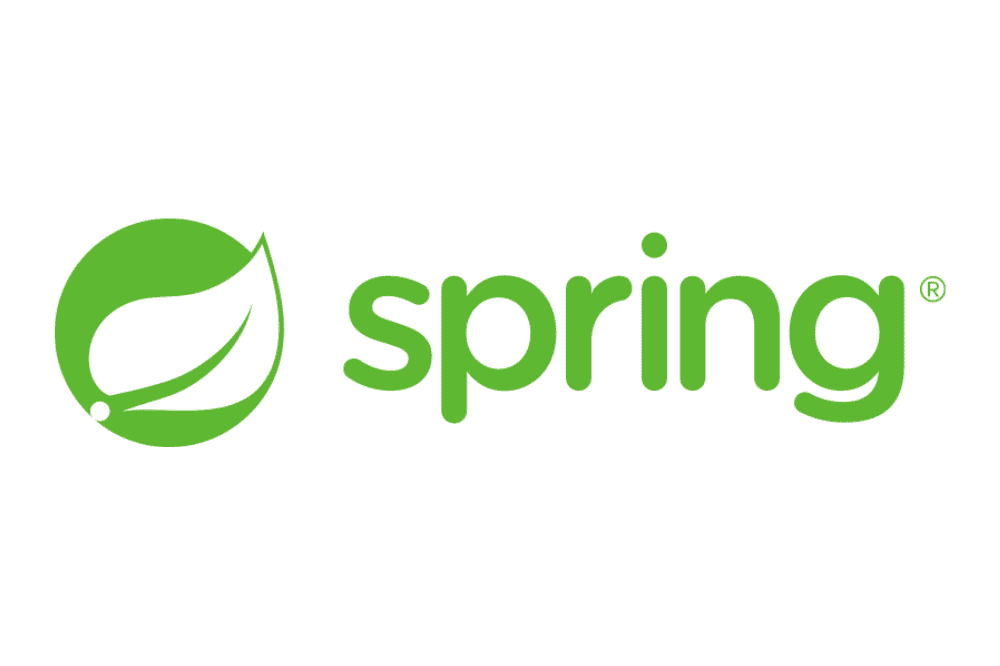
Pros:
- Extensive ecosystem and modular design.
- Spring Boot Starter packages for quick project setup.
- Robust security features.
Cons:
- Initial setup might be overwhelming for beginners.
- Heavier compared to micro-frameworks for smaller projects.
The Micro Python Framework
Flask, a micro-framework for Python, is a lightweight and flexible choice, allowing developers to choose their components and libraries. Ideal for small to medium-sized projects, Flask provides the essentials for web development without imposing unnecessary constraints.
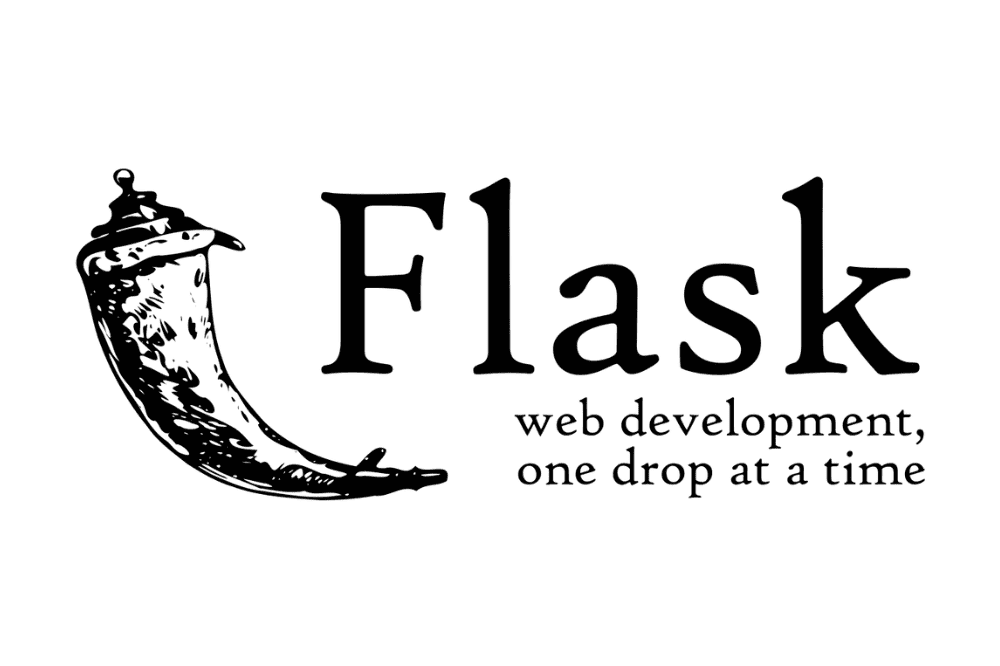
Pros:
- Lightweight and easy to get started.
- Flexible, allowing developers to choose their components.
- Well-suited for rapid prototyping.
Cons:
- Lack of built-in features compared to larger frameworks.
- Not as suitable for large, complex applications.
The Microsoft Powerhouse
ASP.NET Core, the open-source, cross-platform framework from Microsoft, is designed for building modern, cloud-based, and internet-connected applications. Its modular architecture and cross-platform support make it a versatile choice for a variety of projects.
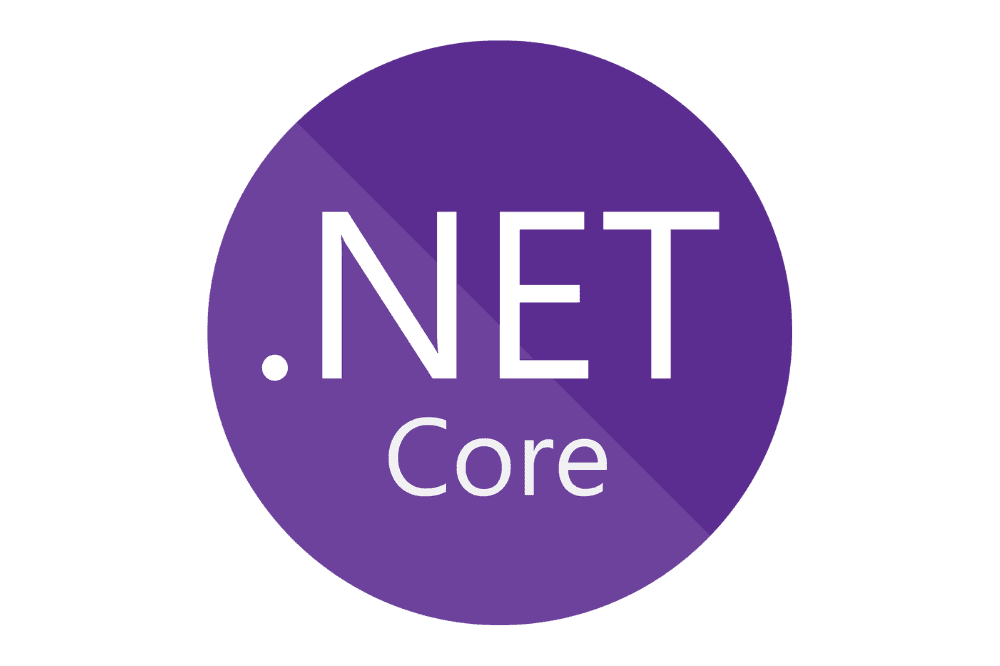
Pros:
- Cross-platform compatibility.
- Modular architecture for flexibility.
- Integration with Azure for seamless cloud deployment.
Cons:
- Learning curve for developers new to the Microsoft ecosystem.
- Smaller community compared to some other frameworks.
Choosing the right web development framework requires careful consideration of factors like scalability, popularity, and usage. Node.js with Express.js excels in scalability, React.js leads in popularity, and Angular stands out as the most used framework. Django and Ruby on Rails offer comprehensive solutions, while Vue.js and Laravel provide a balance between simplicity and power. Spring Boot and Flask cater to enterprise and micro-framework needs, respectively, and ASP.NET Core integrates seamlessly into the Microsoft ecosystem.
Ultimately, the best framework depends on the specific needs and goals of your project. Consider factors such as team expertise, project size, and long-term maintainability when making your decision. Armed with this in-depth analysis, you're now equipped to choose the framework that aligns perfectly with your vision for building scalable and secure web applications.
The journey of web development is ever-evolving, and choosing the right framework is a crucial step toward success. Having expert consultation can help to deliver your web applications faster, more secure and easy to scale in the future. Connect to BlueOC, an IT Outsourcing company in Vietnam that has strong experience and deep research in software technology to make your idea happen.
